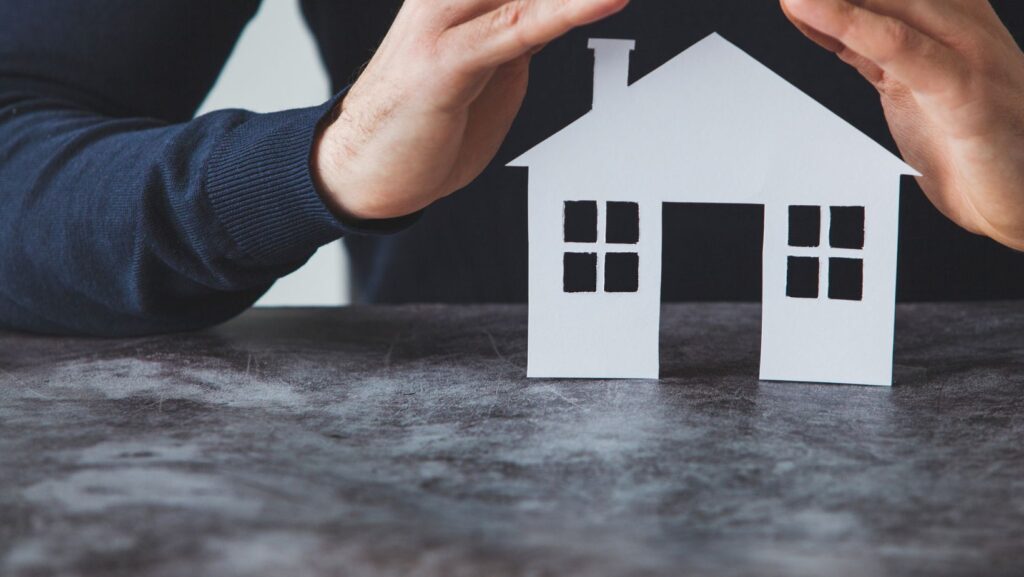The Real Cost of Home Insurance in Winnipeg: What You’re Really Paying For
Home insurance isn’t just a bill—it’s a bet on risk. The price you pay hinges on your address, the age of your systems, water exposure, and how your policy is built. Get those pieces right and you pay less for coverage that actually holds up.
Here’s how to put real numbers to it and break down what’s driving the average in Winnipeg, and how to shift it in your favour.
What’s Behind the Average Cost of Home Insurance in Winnipeg?
The average home insurance cost in Winnipeg falls between $50 $150 a month, with the average coming in at around $1,000 per year. Several factors contribute to this range, including location, home size, coverage limits, and the overall risk profile. If you’re paying closer to $1,500 annually, it could be due to a combination of things like home age, previous claims, or even the proximity of emergency services.
Key Cost Drivers:
- Location: Homes in higher-risk areas (e.g. near flood zones or with a history of vandalism) will pay more.
- Home Features: A new home with upgraded materials and modern safety features (like a security system) will typically see lower premiums.
- Coverage Type: Whether you choose basic coverage, broad coverage, or a comprehensive home insurance package will dramatically affect the cost.
How Winnipeg’s Weather Affects Your Insurance Rates
Winnipeg is known for its harsh winters, freeze-thaw cycles, and risk of severe storms. While Manitoba doesn’t face the same frequency of flooding as other provinces, its cold winters and snowstorms may still lead to water damage and property issues. The weather variability makes insurance premiums a bit higher compared to other regions in Canada.
For example, homes at higher elevations or near water sources face increased insurance costs. If your property has experienced water damage or needs extra coverage for sewer backup due to Winnipeg’s water table and drainage systems, your premiums may rise by 10–20%.
Types of Home Insurance Coverage and Their Impact on Costs
In Winnipeg, you have three primary coverage options: basic, broad, and comprehensive coverage. Each provides different levels of protection, and understanding them is crucial for both saving money and ensuring adequate coverage.
Basic Coverage
It is the most affordable option but the most limited. It only covers named perils, like fire, theft, or vandalism, as specifically listed in the policy. Any risk not listed will be excluded, leaving your home vulnerable to unlisted damages (like water or storm damage).
Broad Coverage
Broad coverage expands on basic plans. It covers the structure of your home against all risks, except for those specifically excluded. However, contents are only covered for named perils, so you may need to add extra protection for items like electronics or jewelry if they’re valuable.
Comprehensive Coverage
The comprehensive policy offers the most protection, covering both the home and its contents for any risk that’s not explicitly excluded in the policy. While this offers peace of mind, it also carries the highest premiums.
What Homeowners Should Know About Optional Coverage
Standard home insurance doesn’t cover everything. You may want to purchase additional coverage or endorsements to protect against risks that aren’t included in your basic policy. Some of the most important add-ons include:
1. Sewer Backup
Though not automatically covered in most home insurance policies, sewer backup protection is essential in Winnipeg, where spring thaws will overwhelm old infrastructure. It will be an affordable add-on but will save you thousands if your basement floods.
2. Overland Flooding
While Manitoba doesn’t see widespread flooding like British Columbia or Ontario, it’s still a good idea to add flood coverage if you live in an area prone to water issues. Homes near rivers or low-lying areas face additional risks that are worth insuring against.
3. High-Value Items
If you have expensive personal items, such as fine art, expensive electronics, or jewelry, consider purchasing additional coverage for these items. Without it, they may be capped at standard coverage limits, leaving you with less than expected in case of a loss.
4. Liability Coverage
Basic liability protection covers you if someone gets injured on your property. However, for true peace of mind, you might want to consider higher limits, especially if you host frequent guests or have a pool or trampoline on your property.
How to Save Money on Your Winnipeg Home Insurance Premiums
You don’t have to just accept the quoted price for home insurance. There are several ways to save money on your home insurance costs without sacrificing coverage.
1. Upgrade Your Home’s Safety Features
Installing security systems, fire alarms, and water sensors will significantly reduce your risk profile. Insurers love to see these upgrades, and you may often earn discounts on your home insurance rates.
2. Raise Your Deductible
If you’re comfortable covering a larger portion of potential damage out of pocket, raising your deductible may reduce your annual premium. Just make sure the deductible is still something you may afford in the event of a claim.
3. Maintain a Good Credit Score
Insurers often use your credit score as a factor in calculating home insurance premiums. The better your score, the lower your premiums. If your credit score improves over time, be sure to check with your insurer for a potential rate reduction.
4. Review Your Policy Annually
Life changes, and so do your insurance needs. If you’ve made upgrades, purchased new items, or experienced any other major life changes, make sure your home insurance policy still fits your needs.
Common Mistakes Winnipeg Homeowners Make
There are several mistakes homeowners commonly make when it comes to home insurance:
- Underestimating the value of personal belongings: Many don’t account for inflation or new purchases, leaving them underinsured.
- Choosing the wrong policy: Opting for the cheapest policy without considering coverage limits can leave you vulnerable.
- Not updating coverage: Failing to update your coverage after major renovations or repairs leads to gaps in protection.
Final Thoughts: The True Cost of Home Insurance in Winnipeg
The average home insurance cost in Winnipeg tells you more about the market, not your final bill. Align coverage with your risks, upgrade what insurers reward, and audit your policy before each renewal. Do that and you’ll pay less for the cover that actually matters.
Frequently Asked Questions
What factors affect Manitoba home insurance rates?
Factors like location, home age, claims history, and coverage type all impact your Manitoba home insurance rates. Homes in flood-prone or high-crime areas tend to see higher home insurance premiums.
How can I get a quote for house insurance in just a few minutes?
Many home insurance companies offer online tools and a home insurance calculator that provide quotes in just a few minutes.

It allows you to compare rates and find the best deal for your needs.
What’s included in a standard Manitoba home insurance policy?
A Manitoba home insurance policy typically covers the structure of your home, personal belongings, and personal liability coverage in case someone gets injured on your property. Optional coverages, like tenant insurance or condo insurance, may be added for more protection.
How do I determine how much home insurance I need?
Use a home insurance calculator to estimate the right amount of coverage based on your home’s value, belongings, and liabilities. It’s crucial to make sure your policy covers replacement cost, not just market value.
Are condo insurance and house insurance the same?
No, condo insurance typically covers your personal property and liability, while your condo association’s policy handles building coverage. House insurance covers the entire structure and its contents.















